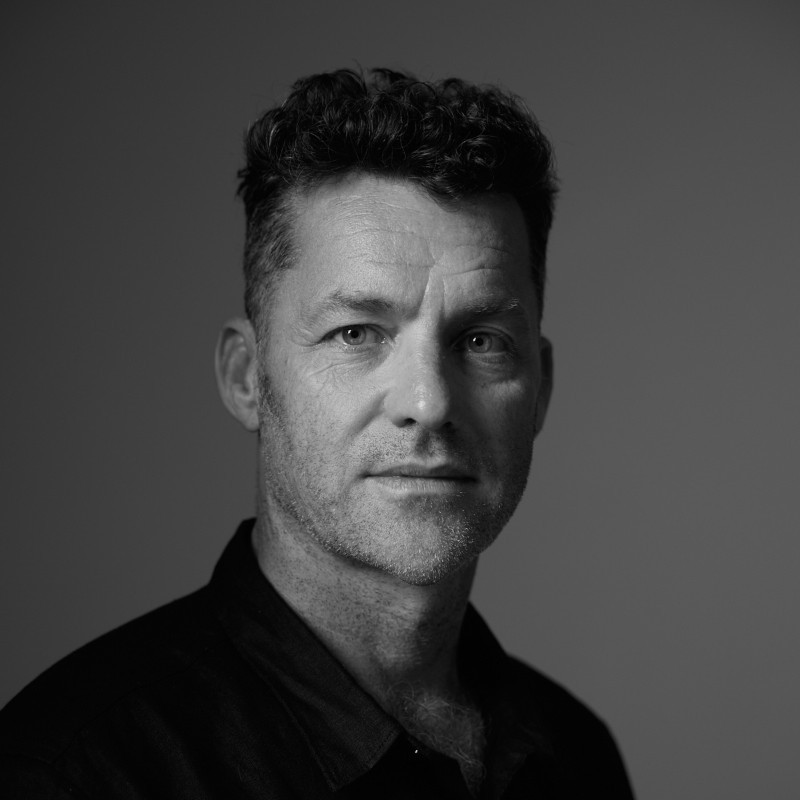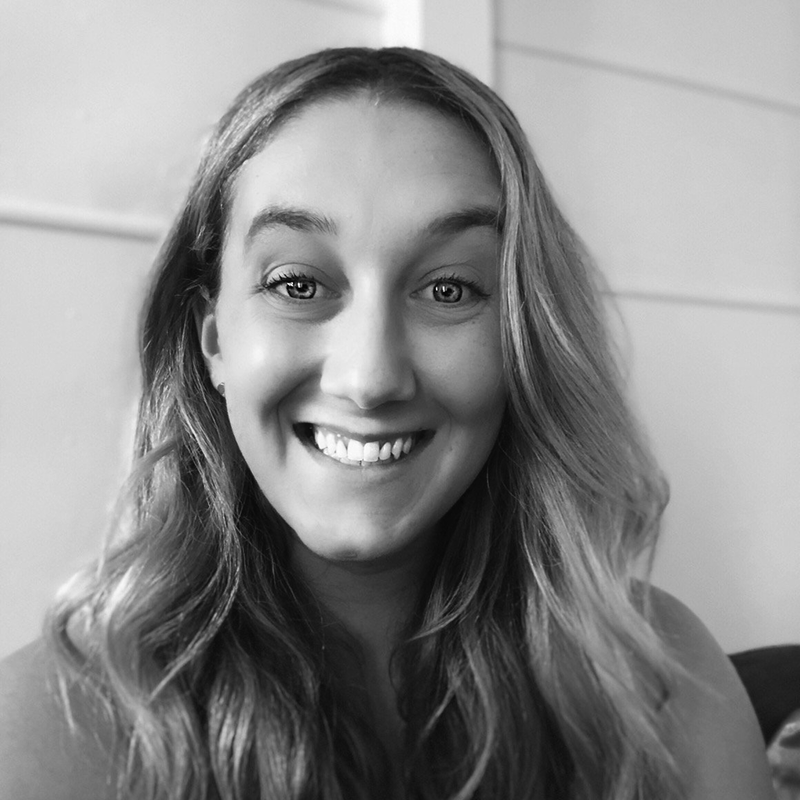
ASKING FOR A FRIEND
How do I stay calm in a world of instability?
ASKING FOR A FRIEND - QUESTION
Turbulent times can throw even the steadiest of us off balance, but Aimee Davies (mental health educator and counsellor) and Simon Lee from The Hallway share some down-to-earth ways to stay grounded when life feels like it’s doing cartwheels. They talk about accepting that a whole mix of emotions is normal — and actually healthy — rather than trying to squash the uncomfortable ones. There’s practical advice on focusing your energy on what you can actually control, simple grounding techniques like breathing exercises, and keeping a close eye on how much information you’re taking in (and when to switch it off). They also remind us how much calm can come from the people and spaces we choose to surround ourselves with, and how being present, right here and now, can quiet some of that noisy anxiety about what’s next. If the world’s felt a bit much lately, this is your reminder that steady ground is still there — and you don’t have to find it alone.
Let’s be honest — “calm” can feel like a bit of a fairytale these days. Between global uncertainty, shifting industries, and the daily buzz of being human, it’s no wonder so many creatives feel like they’re one breaking-news alert away from tipping over the edge. If you’ve been wondering how to find moments of steadiness when the world feels anything but stable, you’re not alone.
Aimee Davies, Mental Health Educator and Counsellor at The Hey Mate Project, and Simon Lee, Chief Creative Officer of The Hallway, spoke with Andy Wright, CEO of Streamtime and Founder of Never Not Creative, about finding calm — or at least a little more of it — when things feel wobbly.
Accept that calm is a luxury in today’s world
Aimee starts by calling out the elephant in the room: "I think being calm is actually quite a bit of a luxury today in today's environment... a lot of us in the industry in the wider community a sense of calm is maybe not what we're describing our sort of day-to-day lived experience with. It's quite a turbulent time."
So if you’re beating yourself up for not feeling zen all the time — don’t. "So I guess the first thing would be to not expect yourself to just be calm all the time and that we are human and that we do feel... it's normal to get frustrated when you turn the news on. It's normal to have times of joy and then times of irritability in the same afternoon."
Embrace emotional variety — it’s actually good for you
Turns out, bouncing between emotions isn’t a failure — it’s healthy. "You know like you can come home and I've got two little dogs and I'll be really happy and then I might read an email that infuriates me a little bit you know and that's totally normal."
Aimee points to recent research backing this up: "There was a study that was done in 2024 so last year... the global flourishing study... they were reading about emotional stability is one of the strongest predictors of overall well-being... that variety is really important... being in a state of complete calm all the time and being in a state of chaos all the time isn't good for anyone."
Focus on what you can control
When the big stuff feels too big, shrink it back to what’s in your hands. Aimee says: "The big one particularly I think in our global conditions our Australian election environment the environment of where we sit currently is focusing on what we can control because a lot of the time we get frustrated with what we can't control."
She breaks it down: "Whether that be people's actions perspectives conversations what we can control is how the actions we do how we perceive things... so focusing on that and that also then leads into how we can help control that."
Use practical grounding techniques
When your brain’s spinning, get back into your body. Aimee suggests breathwork: "Things like breathing... grounding ourselves and having grounding strategies is really really important... breathing so in for four hold for four out for four hold for four. There are apps that can help you. There are guided meditations... you don't just have to sit there by yourself with your eyes closed. There's lots of different ways that you can do it."
Turn down the volume
It’s not just the noise in your head — it’s the noise you let in. Aimee says: "Trying to quieten the noise a bit as well. You know we're very there's noise in our head but there's noise that we consume day-to-day. So how can we quieten that noise is it that we are limiting our time on social media or curating our feed on social media to get rid of that noise that we don't find beneficial our time that we're listening to the news."
Create calm through people, places and things
Not all calm has to come from inside you — you can create it around you too. Aimee uses a simple framework: "For me I always think of people places and things. So people that make you feel calm places that make you feel calm. So is it bed is it the beach is it the gym and then things. So things like activities that we can do to help us feel good or or have that state of calm or also put us in a state of flow."
She reminds us: hobbies count. "That's why hobbies are really important not just our creative work but hobbies that we maybe are not that great at and can improve our well-being and overall skills... exercise is why you know exercise or movement can help us put us in the state of flow. Gardening animals all that good fun stuff."
Stay anchored in the present
Simon has a go-to mantra: "My sort of mantra is generally just right here right now. So grounding grounding myself in the present because I realised that so much of the turmoil in my head and even in my heart is either stuff about the past or frequently anxiety about the what might and could happen in the future."
Most of the time? "Nine times out of 10 what is actually currently right here right now is pretty bloody good."
Apply it when things feel impossible
Simon shares how this mindset helped him during the height of COVID: "When my old business partner Jules Hold and I were locking up the hallway literally because we had to send everyone home because it was covid that's what I said to Jules said mate this is a brilliant opportunity for us just to focus on the right on the right here right now because of course we were all thinking what's going to happen are we all going to die of this dreadful disease is it is it the end of the business is it the end of the industry."
But in that moment: "When I locked the door and looked out it was a it was a sort of it was an autumn day in Pyrmont... And I was you know alive I was going home to see my kids and actually the right here right now is pretty good."
Learn from people you trust
Aimee suggests borrowing ideas from the people who seem to handle the chaos well: "Ask those people that you admire in your workplace or your community how they have a state of calm at work at home etc."
Staying calm in an unstable world isn’t about forcing yourself to be perfectly zen. It’s about making space for a mix of emotions, noticing what you can control, quietening the noise, and reminding yourself that right here, right now, is often good enough.
And remember — you’re not doing it wrong if you feel up and down. That’s just being human
our guests
Industry Leader

Simon Lee
Enigma
Mental Health Expert

Aimee Davies
The Hey Mate Project
Host

